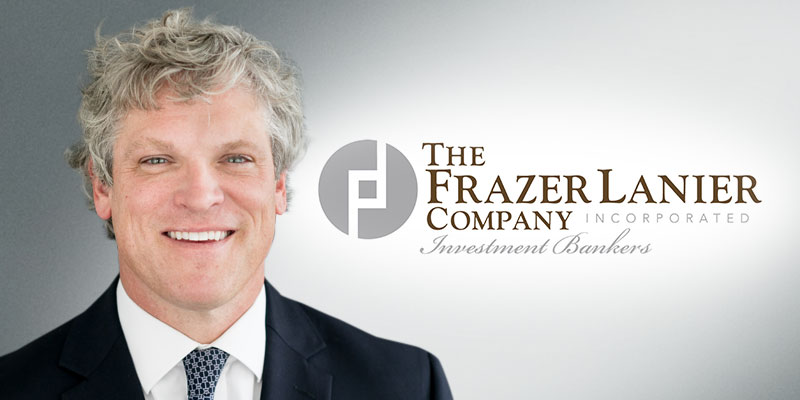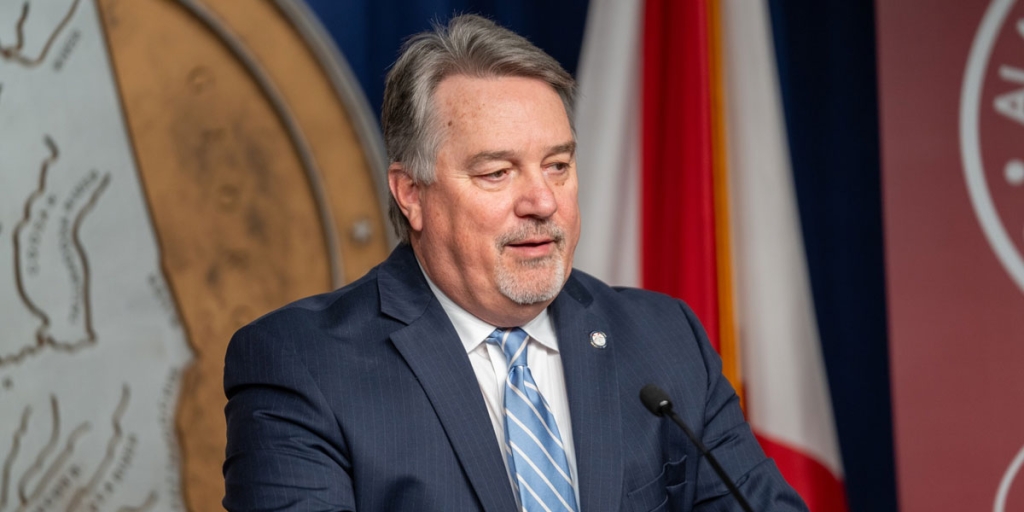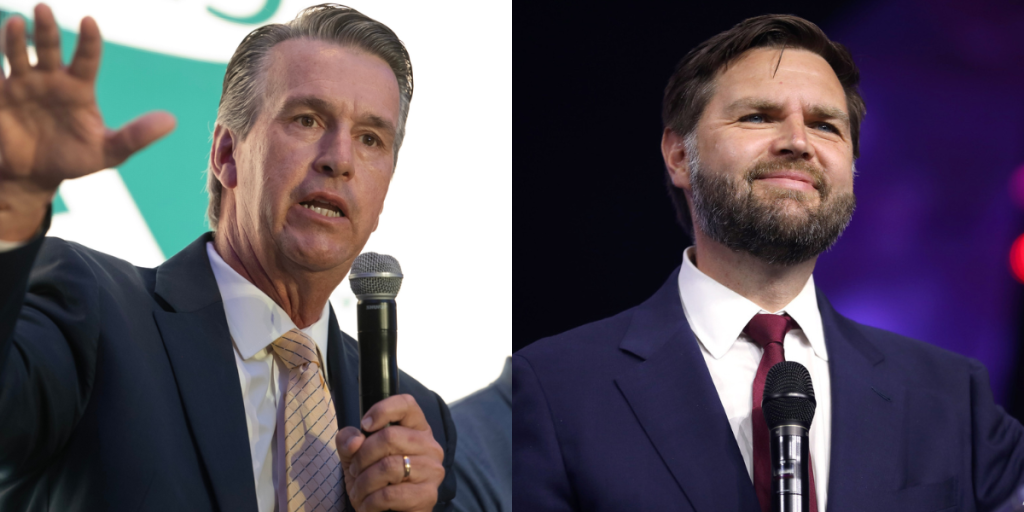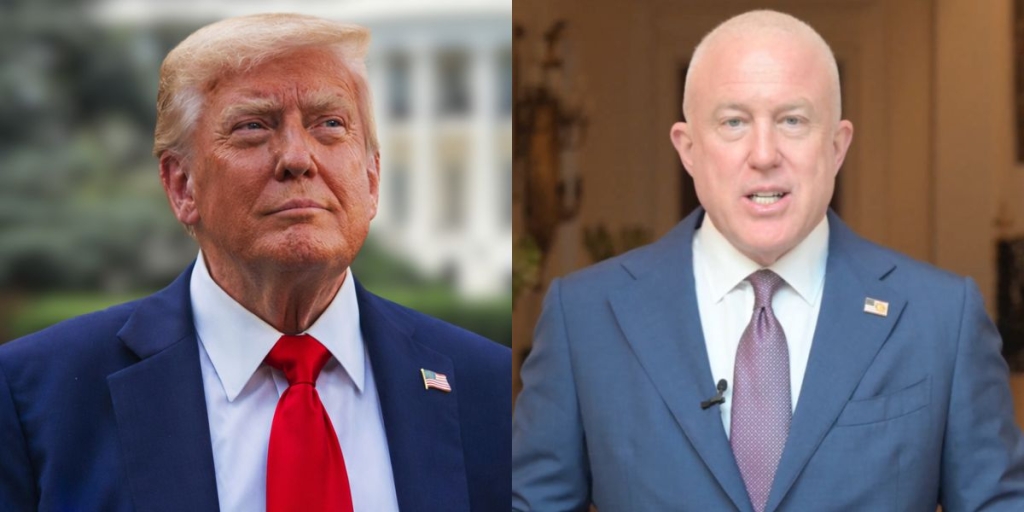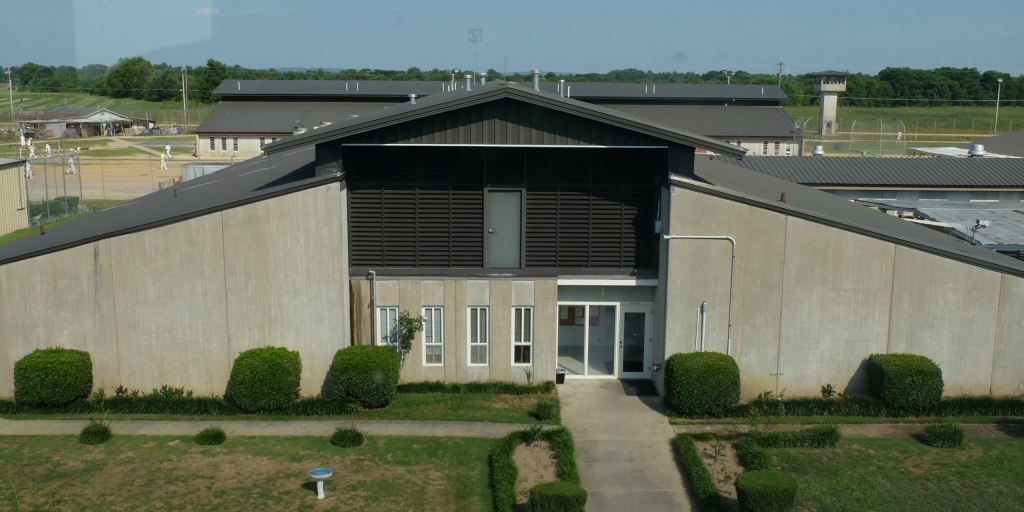From inside his office at the historic Union Station in downtown Montgomery, John Mazyck eagerly worked his way through the story of his company’s growth and what it can mean for communities across Alabama.
Mazyck is an owner of The Frazer Lanier Company, an Alabama-based investment banking firm which owns the largest market share of investment banking business in the state, according to Thomson Reuters. With 46 deals closed in 2019, that amounted to a deal nearly every working week.
He is also the newly installed chairman of the Business Council of Alabama. As the owner of a business whose mission is to facilitate growth in both the public and private sectors, and a leader of the state’s largest business organization, he is positioned to exercise significant influence on how Alabama’s cities, counties and job creators prepare for the 21st century economy.
With the low rumble of a freight train on the nearby tracks unknowingly helping to underscore his message, Mazyck methodically explained the ways in which he believes Alabama is primed to move forward, as well as the role his company can play in helping the people of this state fulfill their potential.
Describing the availability of capital to cities and counties in Alabama as “enormously important,” he quickly rattled off a list of projects for which his company had helped provide financing, including schools, hospitals and airports.
“The corporations in Alabama are doing very well,” Mazyck said. “The economy is humming along on all cylinders. I think we serve a more important role in public finance because the smaller communities, they really need help.”
And “help” for those areas comes in the form of guiding local decision-makers through financing from start to finish.
“We want to talk to them when they are thinking about a deal because we can help them figure out how to get the money,” he outlined.
Public entities seeking financing for capital projects may borrow money on a tax-exempt basis. They are able to gain this advantage because those projects serve a public purpose. The interest rate on a tax-exempt bond issue is typically about half the interest rate of a loan.
The buyer of a bond issue does not pay federal, state or local income tax on the interest income received. This results in a lower cost of capital.
Founded as a public finance company in 1976 by Rod Frazer and Clifford Lanier, corporate finance now makes up about 50% of its business, according to Mazyck.
The Frazer Lanier Company has been involved in some major economic development projects across Alabama. For example, Hunt Refining Company, the largest private employer in Tuscaloosa County, has spent well over $1 billion building out its refinery with financing obtained through The Frazer Lanier Company. The companies closed a $612 million deal just last year.
The Frazer Lanier Company has helped finance large capital projects in manufacturing, research and other sectors across Alabama counting a ‘who’s who’ list of Alabama employers as clients.
Yet, Mazyck is quick to point out that his company never strays far from its roots in public finance.
“We spend our time, and have since 1976, calling on and developing relationships with universities, airports, hospitals, states, counties, cities to be there when they want to borrow,” he emphasized.
This approach is evident in the company’s footprint across the Southeast.
Co-owner Jason Grubbs manages the company’s Birmingham office. They also cover North Alabama out of their Florence office, as well as maintain a presence in West Alabama, Alabama’s Gulf Coast, Louisiana and Florida.
Alabama is home, though, and this fact drives Mazyck and his company to excel.
“We have to do an excellent job in Alabama,” he stated. “We try to be innovative and work harder.”
Mazyck sees the competition from large, national firms as a motivating force for his company, and good for the communities across the state which benefit from his company’s work.
“It keeps us in check,” he said. “We have an advantage because we know the people here, they see us. That is a huge advantage, but our performance has to match up to the big boys, or we’ll be out of business.”
Mazyck cited trust as a principle fundamental to his company’s operations and the maintenance of its standing as the state’s top investment banking firm.
“We have earned these peoples’ trust, and we have to keep it,” he elaborated. “We ensure our fees are fair. Our job is to deliver them service over and above what they even know. We don’t want anything to reflect poorly on that city or county. We don’t play any games, none whatsoever. We are very open and deliberate.”
That trusting relationship is especially vital given the transparency of public finance.
“This market is very transparent,” Mazyck outlined. “Anybody can see anything anybody is doing because you are dealing with the public’s money. It is very transparent so you can’t mess up. If you don’t do a good job your competitors will go tell them you didn’t do a good job. You won’t get the next deal. It is a business that is very light of day. Your competitors are always there. It keeps everyone honest. It keeps your fees low. It keeps performance high.”
Work on public financing deals can be a long, drawn-out process, so the sooner local decision-makers can get involved with a company like his, the better, according to Mazyck.
“I would advise them as soon as they are thinking about doing something, talk to someone,” he suggested. “This will allow them to get the most value out of the professional.”
Mazyck and his company help a local government go through the entirety of the borrowing process with a particular focus on that entity’s standing within the financial markets.
“One thing that is incredibly important is credit,” he outlined. “We have to tell their credit story every time they borrow. We have to tell their story to Wall Street. We have to tell their story to Moody’s, Standard and Poor’s and Fitch. They give their approval, their opinion of the credit rating of that bond issue. And then we sell those bonds to institutional investors on Wall Street.”
All of this is being targeted toward a critical outcome.
“Our job is to get the absolute lowest interest rate we can get,” stated Mazyck.
That job can bring a lot of pressure and expectations given what is at stake in some areas of Alabama.
“Rural healthcare is in a crisis situation in this state,” he mentioned as an example. “We’re doing a deal for the hospital in Marengo County. The hospital is in trouble over there. It’s tough situation. The county has put on a tax to dramatically help the hospital. So we’re doing a bond issue secured by that tax to help the hospital.
He said those are the type of circumstances where “it means a lot” for the people of those surrounding communities.
“It will make that hospital stay there and thrive for the next twenty years,” said Mazyck. “If this didn’t happen, who knows.”
One area where he sees a definitive pattern for improving the state is through education.
“One thing that is a trend, the cities and counties that invest in education are doing the best,” he noted. “Look at the City of Auburn as an example, they stand up for education. Places that are investing in public education are winning.”
As for The Frazer Lanier Company, Mazyck believes strongly that its makeup as a younger, more ambitious firm will continue to provide it with a competitive advantage.
Continuing to find ways to grow the economy and improve the quality of life for areas not connected to the interstate will remain a priority for his company.
“Those communities really need us,” concluded Mazyck. “We often feel like we’re truly helping the smaller communities. We really pride ourselves on our working with the smaller places, the infrequent issuers, because we really know we are helping them. And they make a decision based on character.”
Tim Howe is an owner of Yellowhammer Multimedia




